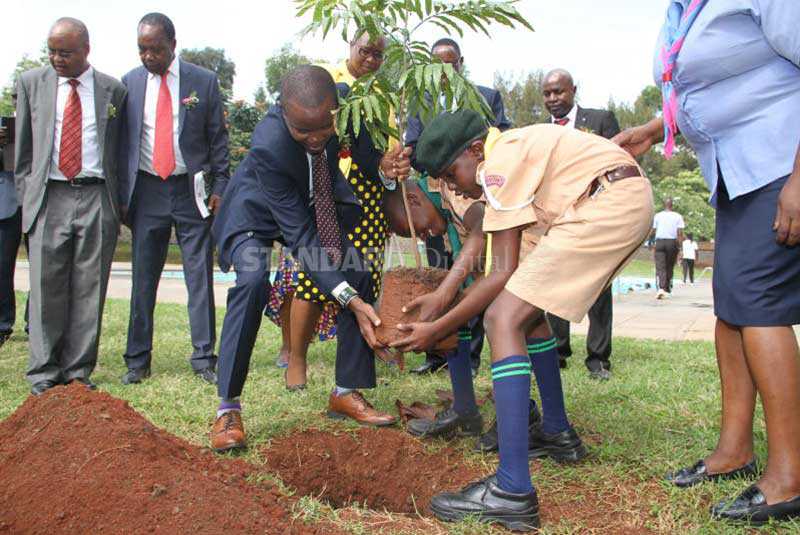×
The Standard e-Paper
Fearless, Trusted News

Last week, Deputy President William Ruto issued a ban on logging in government and communal forests in a bid to stop rampant destruction of natural forests that has led to drying up of rivers.
Although the order was seen as urgent intervention by the government to safeguard the country’s natural resources, it rekindled memories of politics of conservation that played out at the expense of the future of the nation.